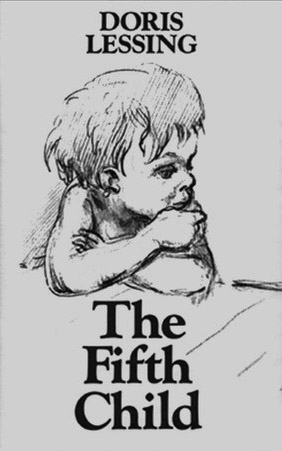This got me thinking about examples of children who lack nurture growing up that we see in pop culture, which quickly led me to think about one of my favorite books/movies from my childhood: Matilda.

Matilda stands as a very definite example of a child who lacks any nurture or companionship from her parents. However, in Roald Dahl's story, Matilda is somehow able to find the nurture she needs first as a very small child in books and as a bit of an introvert, and eventually Miss Honey steps in as her mother figure.1 I suppose I am just looking (or maybe stretching is a better word here) for examples of children who do not seem damaged from a lack of nurturing mother figures. Is Dahl's story too romanticized? Essentially, it is similar to Me Dying Trial, in which Peppy rises above a troubled childhood with a less than nurturing mother to become valedictorian of her high school class. To some degree, both of these young female characters seem to speak volumes for the nature side of the debate. Unfortunately, this just makes explaining the behaviors of Victor's creation and Ben all the more confusing.

1Dahl, Roald. Matilda. Ed. Quentin Blake. New York: Puffin, 2004. Print.


